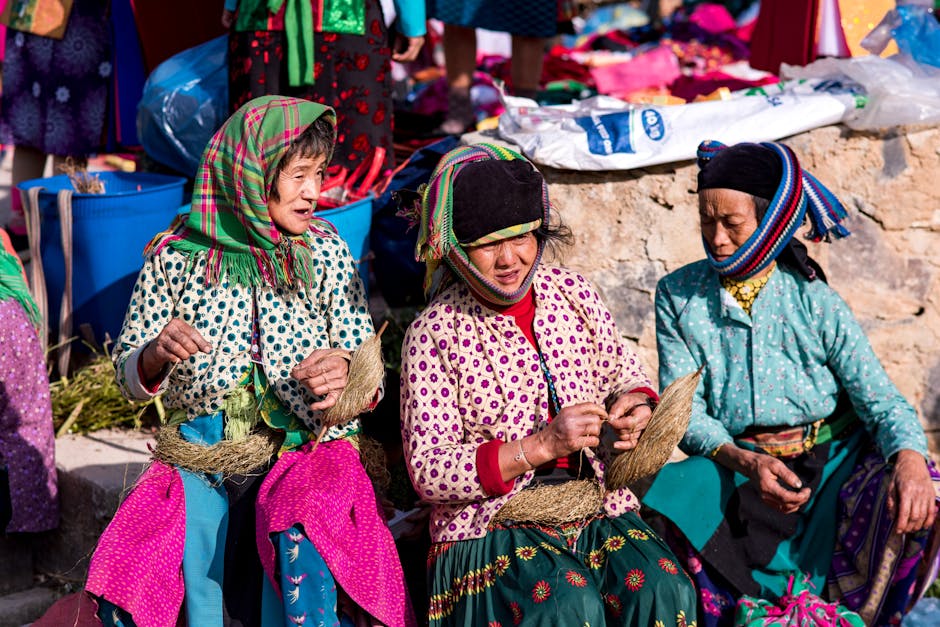
Folklore Traditions: Exploring the Rich Cultural Heritage
The beauty of folklore traditions lies in their ability to connect us with our rich cultural heritage, preserving customs, beliefs, and practices that have been passed down through generations. These traditions are more than just stories or legends; they are a testament to the values, history, and identity of a community or region.
From myths and legends to rituals and celebrations, folklore traditions encompass a wide range of cultural expressions that have captivated and fascinated people for centuries. They offer a glimpse into our collective past, shedding light on the beliefs, experiences, and wisdom of those who came before us.
One of the key aspects of folklore traditions is their role in connecting individuals to their roots and fostering a sense of belonging and identity. Through stories, songs, dances, and rituals, communities ensure the continuity of their cultural practices, keeping the flame of tradition alive.
These traditions often reflect a region's natural environment, history, and social dynamics. Folklore stories, passed down from one generation to the next, explain natural phenomena, establish moral codes, and teach lessons through allegories. They provide insights into ancestral knowledge and allow us to better understand the worldviews of our predecessors.
Furthermore, folklore traditions are not limited to a specific culture or geographic location. They are found in every corner of the world, manifesting in various forms such as local legends, fairy tales, folk music, dances, and traditional crafts. Each tradition carries its own uniqueness, reflecting the distinctiveness of the community and its people.
Exploring folklore traditions can be an exciting and enriching experience. It allows us to appreciate the diversity of human cultures and gain a deeper understanding of our shared humanity. By immersing ourselves in these ancient tales and practices, we honor the wisdom and stories of our ancestors.
